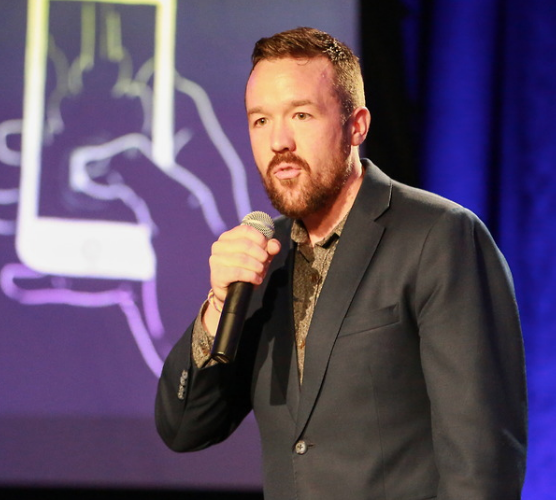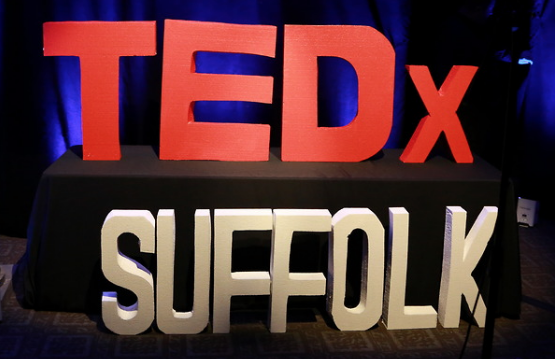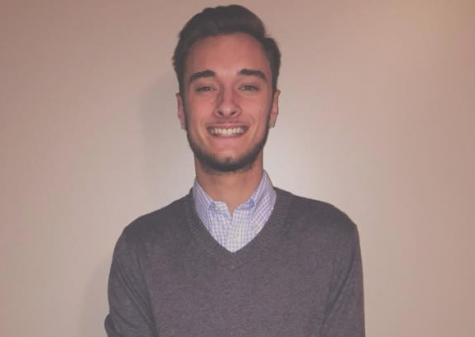A limitless future calls for endless possibilities, that of which today’s society cannot predict with precise accuracy. Humans dream of what is to come, but are unable to truly see exactly what will transpire for our technological and economic sectors. Through space exploration and artificial intelligence, these dream-like ideas can start to become a reality. Speakers conveyed this exact idea at Suffolk’s TEDx&Talks club inaugural TEDx Suffolk University event on Monday, “Economies of the Future.”
“We meet in a university noted for knowledge. We meet in a state known for progress,” said Justin Park, the co-founder & president at Intergalactic Education LLC.
Park, who is also tied to the Swiss Institute of Technology, NASA, Booz Allen Hamilton and International Space University, presented “Space World,” about the benefits of continued space exploration. A paraphrased speech of former United States President John F. Kennedy was one of Park’s mediums for this talk, as he said today’s market can inspire the next generation of space travels.

Park said the Apollo missions of the 1960s and 70s were ahead of their time, and prompted the belief that many young people could travel to space– a belief he said is nonexistent now. This lack of belief is not true, according to Park, who highlighted areas where the repetition of space missions will create markets. Insurance companies, intergalactic education programs, professional sports and the use of lawyers are some examples Park gave to illustrate the number of industries that can be accessed by space exploration.
“I believe a Renaissance in manufacturing will happen that is equivalent to the original Industrial Revolution,” said Park during his talk.
A pre-recorded talk from writer and blogger Tim Urban addressed an issue that many people deal with, procrastination. Urban described what he said are two types of procrastination; one who is incited, and subsequently pancis, by deadlines in the short term, and another, who has no deadlines, that put off life goals and aspirations and become “spectators at time in their own lives.”
With only four weeks of preparation time, Suffolk’s TEDx&Talks’ club president Abdulla Khoory said in an interview with The Suffolk Journal that securing a venue for the talk was his biggest challenge. He explained that along with finding the right location and time, the time span proved to be problematic for another reason– finding speakers.
“It’s in making a stake as to what’s going to happen, [that] we influence the future,” said CEO & founder of Learnivore Emily Burns.
Burns, who spoke about artificial intelligence (A.I.), said the creation and development of new technologies is essential because our lives depend on it. The advancement of technology to this form could either create species immortality or cause humans to go extinct. With this spectrum outlined by two extremes, Burns said that the human race could either be overcome by A.I. or benefit in many ways.
As many jobs and household chores could be replaced with the hands of A.I. robotics, humans would be left to replace their natural species characteristics in other areas of life. With some people concerned that A.I. would outsource many jobs and cut close to humanity, Burns said that humans would infact be able to utilize this time spent on work in other areas such as with friends and family. Burns said she believes that A.I. would “inspire the need for human authenticity.”
Besides Burns and Park, 6 other speakers from top-tier universities, financial sector professionals and investors presented their own takes upon the future economy.
“[The goal of this event] was to build through large events [to] provide Suffolk with thought provoking content that we haven’t seen yet,” said club creative consultant Alex Bennett at the event in an interview with The Journal.















